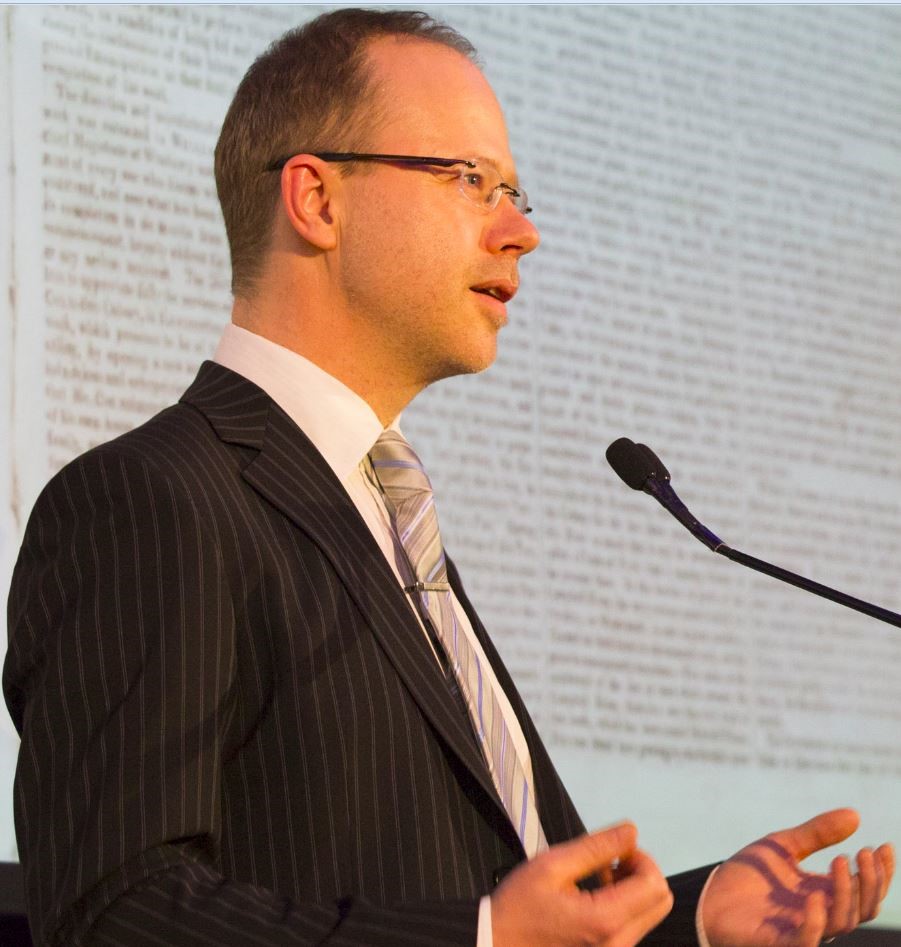November 2014
The Archives
-
Communication and Media Studies, Digital Scholarship, e-Research, Humanities
Advancing Digital Humanities
05.11.14 | Permalink | Comments Off on Advancing Digital HumanitiesAdvancing Digital Humanities moves beyond definition of this dynamic and fast growing field to show how its arguments, analyses, findings and theories are pioneering new directions in the humanities globally. Sections cover digital methods, critical curation and research futures, with theoretical and practical chapters framed around key areas of activity including modelling collections, data-driven analysis, and thinking through building. These are linked through the concept of ‘ambitious generosity’, a way of working to pursue large-scale research questions while supporting and enabling other research areas and approaches, both within and beyond the academy.
-
Cultural Studies, Digital Scholarship, e-Research, Humanities
Launch of HuNI Virtual Laboratory for Australian Cultural Data
01.11.14 | Permalink | Comments Off on Launch of HuNI Virtual Laboratory for Australian Cultural DataThe Humanities Networked Infrastructure (HuNI) is a national Virtual Laboratory project developed as part of the Australian government’s NeCTAR (National e-Research Collaboration Tools and Resources) program. HuNI combines information from 30 of Australia’s most significant cultural datasets. These datasets comprise more than 2 million authoritative records relating to the people, organisations, objects and events that make up Australia’s rich cultural heritage. HuNI also enables researchers to work with and share this large-scale aggregation of cultural information. HuNI has been developed as a partnership between 13 public institutions, led by Deakin University. By providing researchers worldwide with access to the combined resources of Australia’s most important cultural datasets and information assets, HuNI is recognised as the first national, cross-disciplinary virtual laboratory of its kind to be established anywhere in the world.






